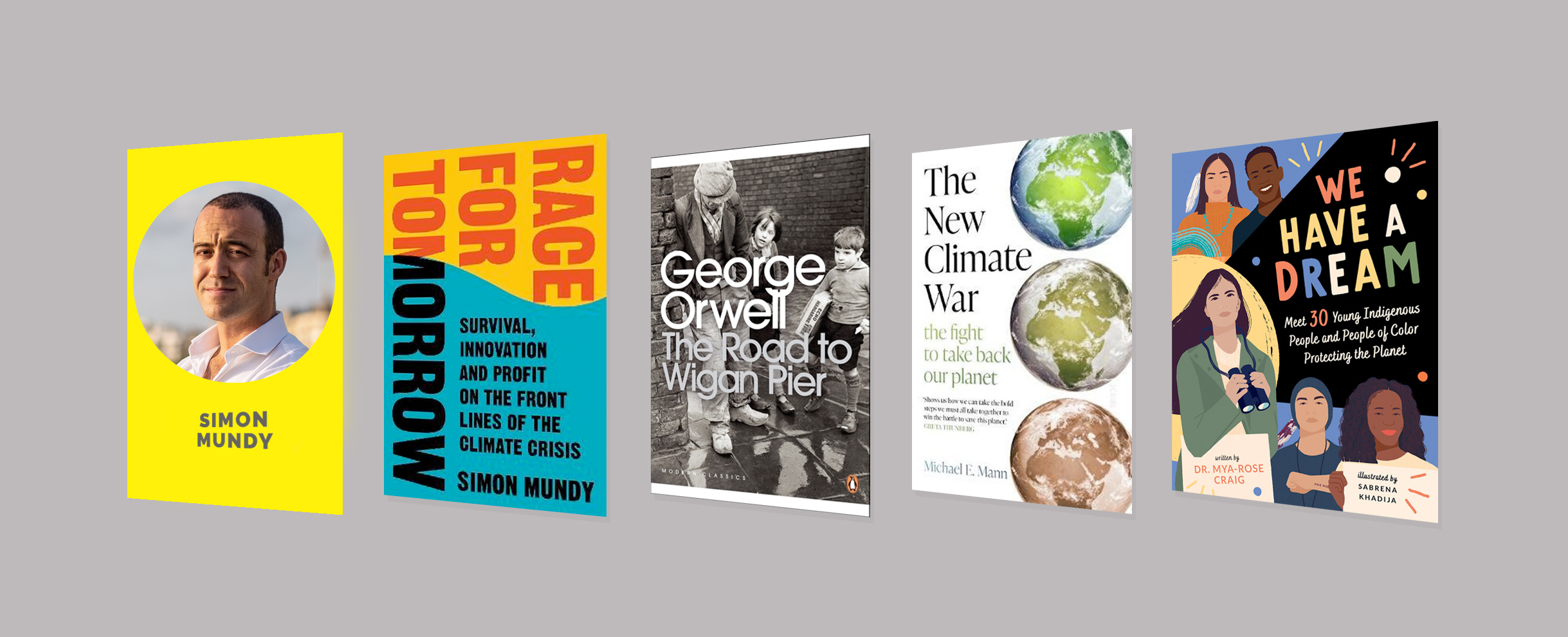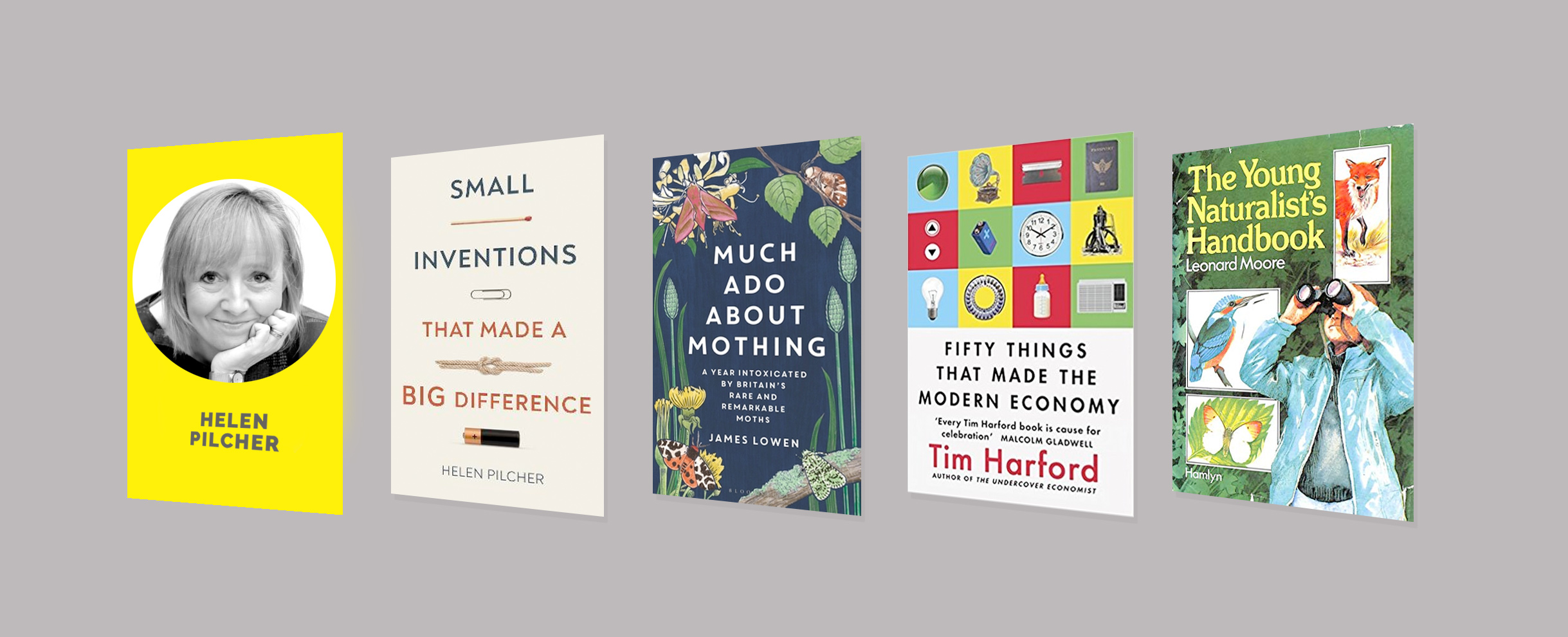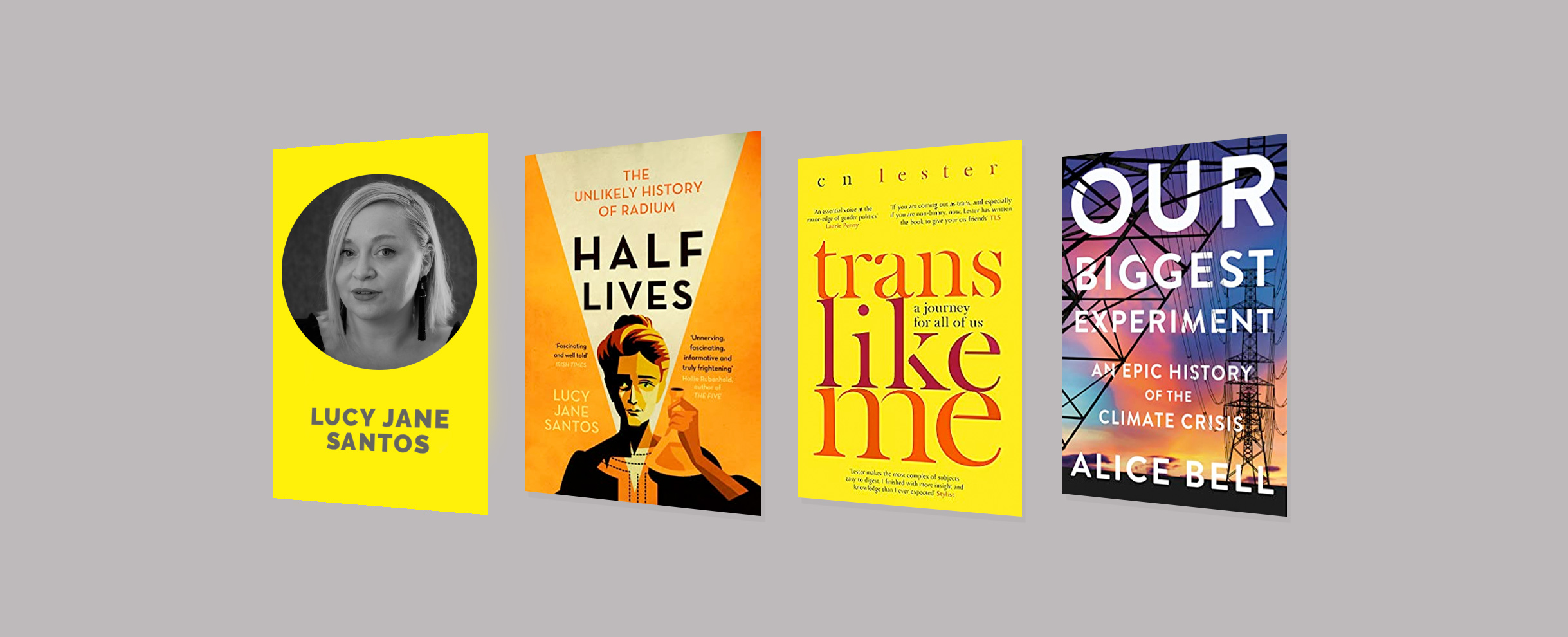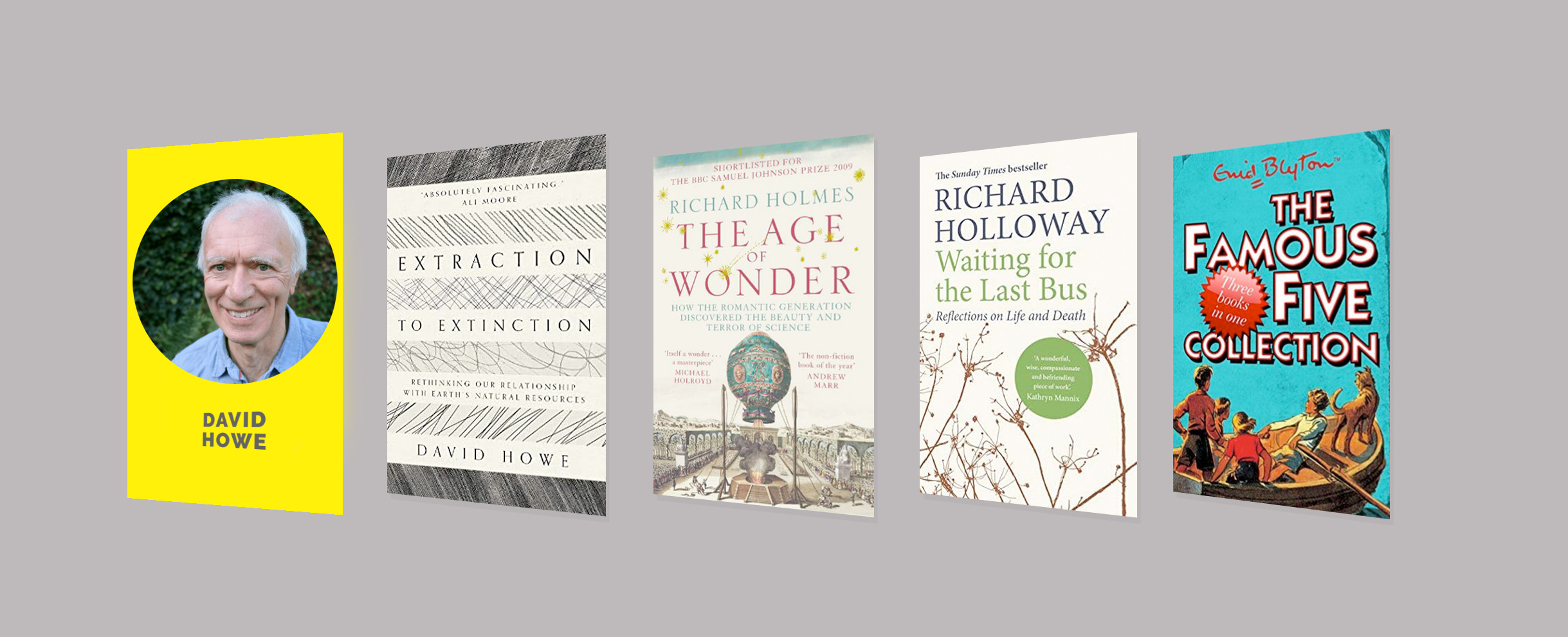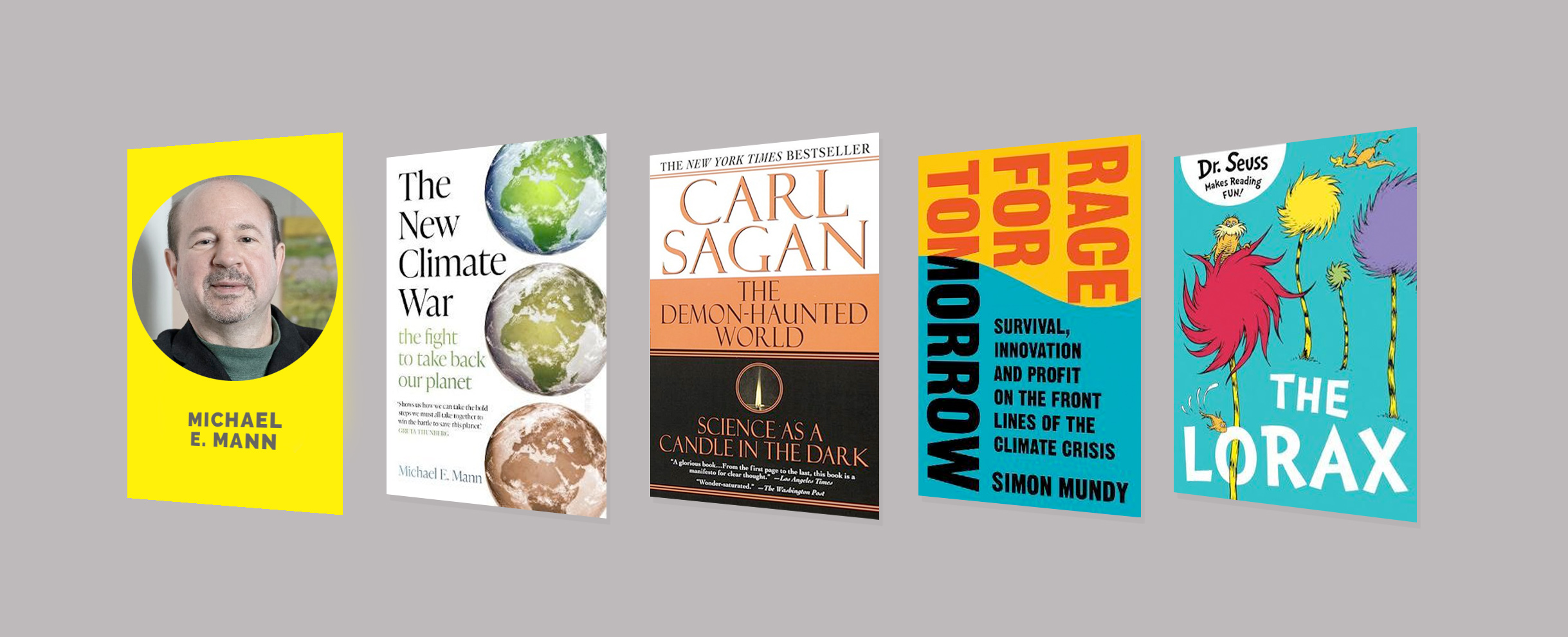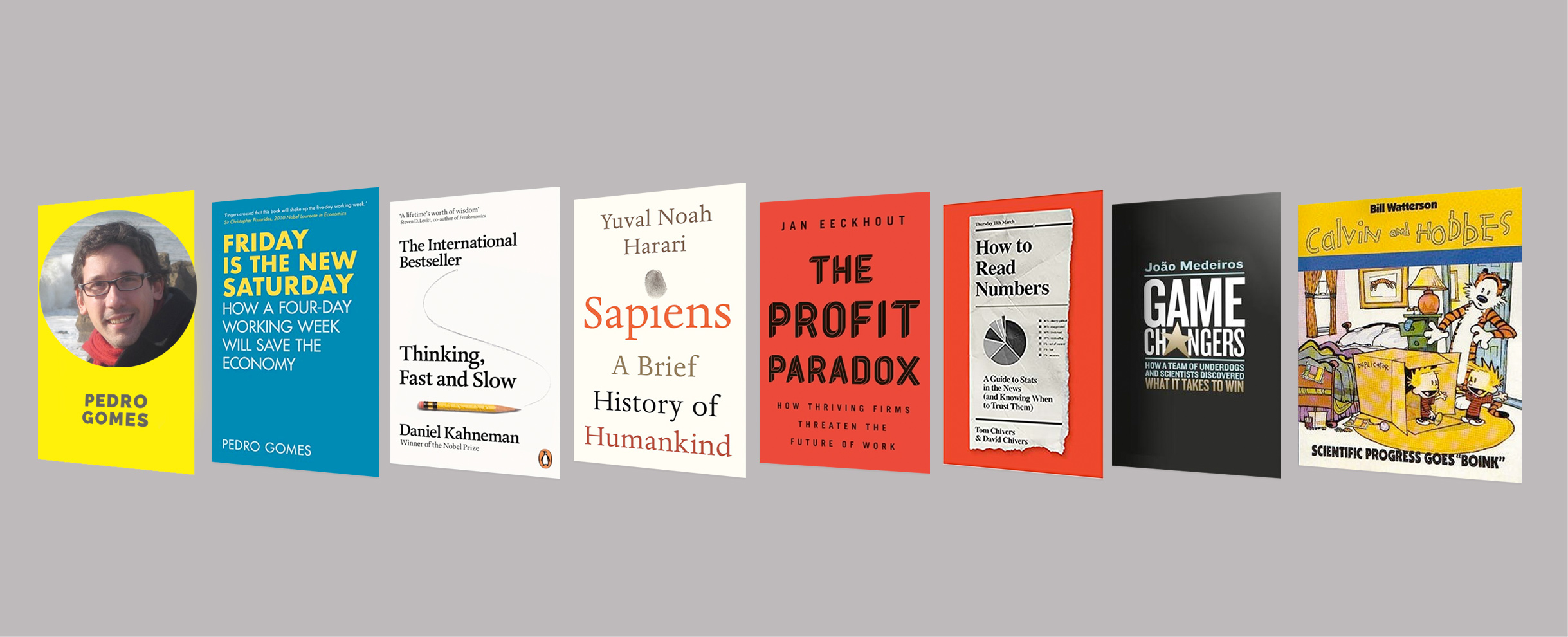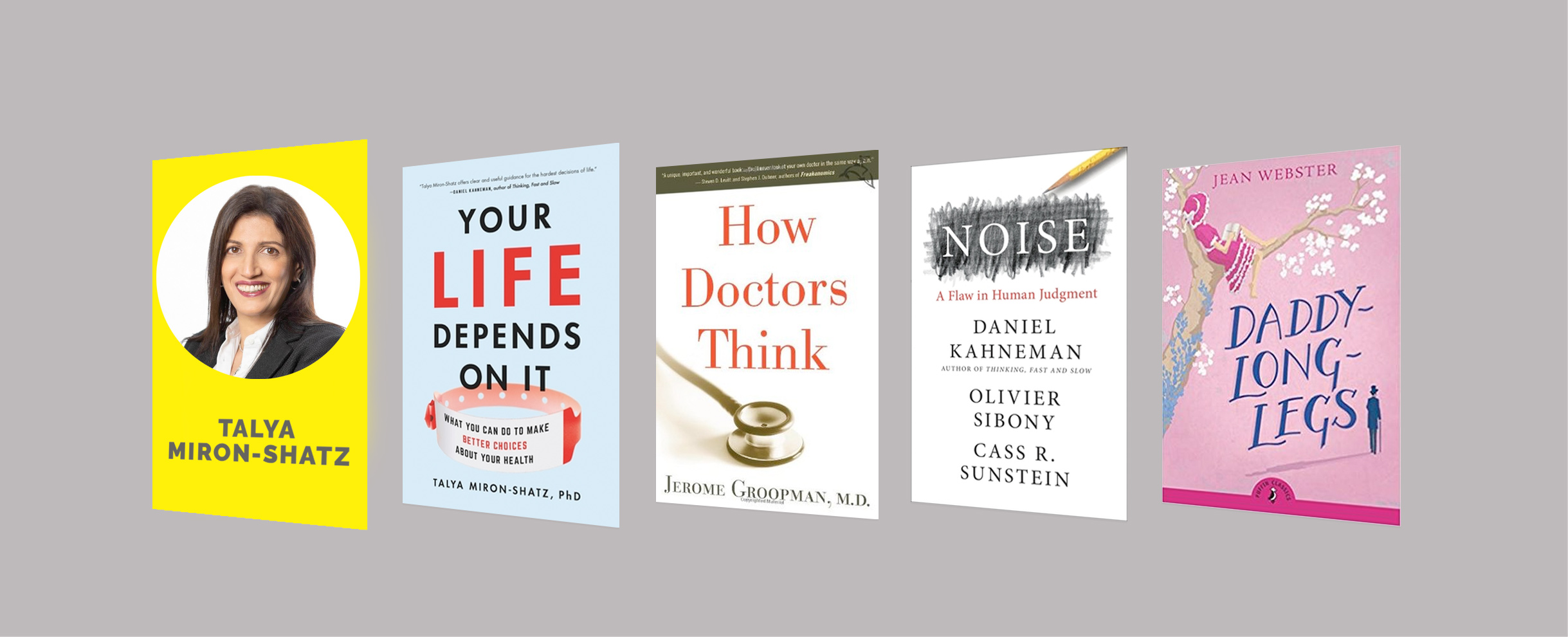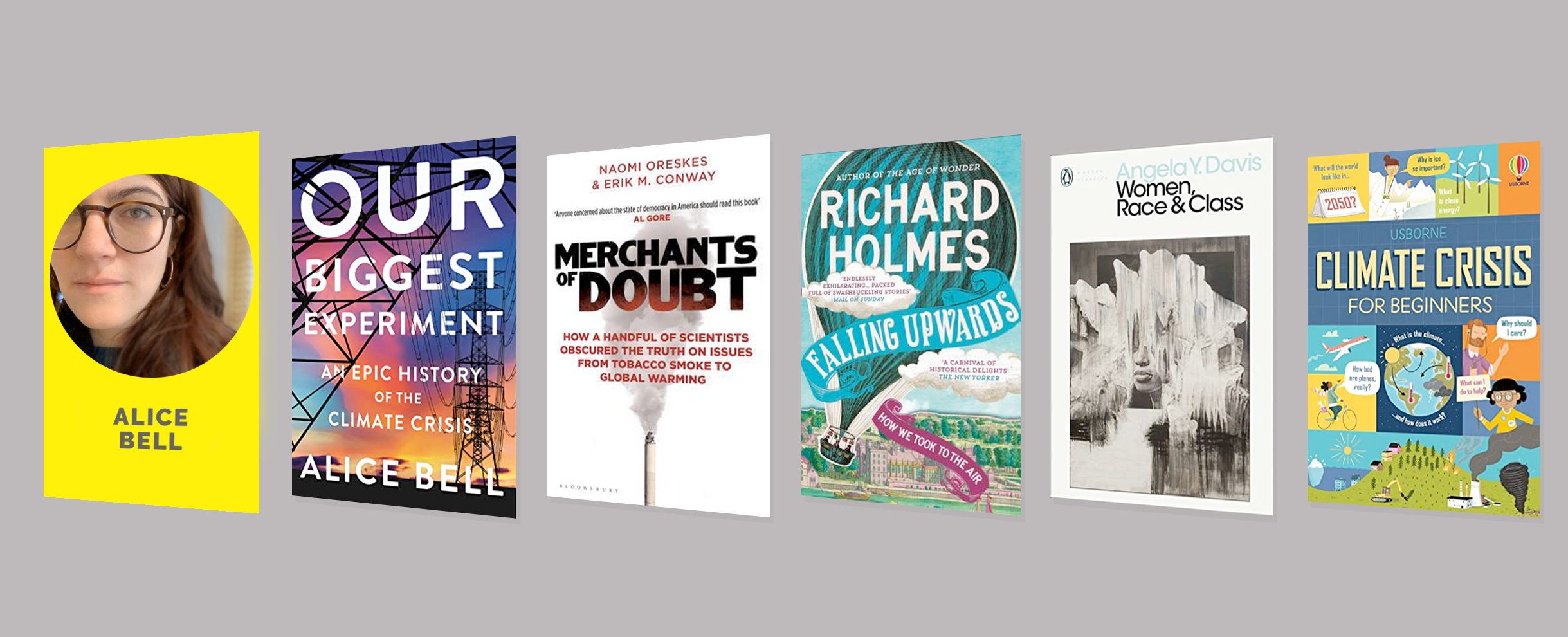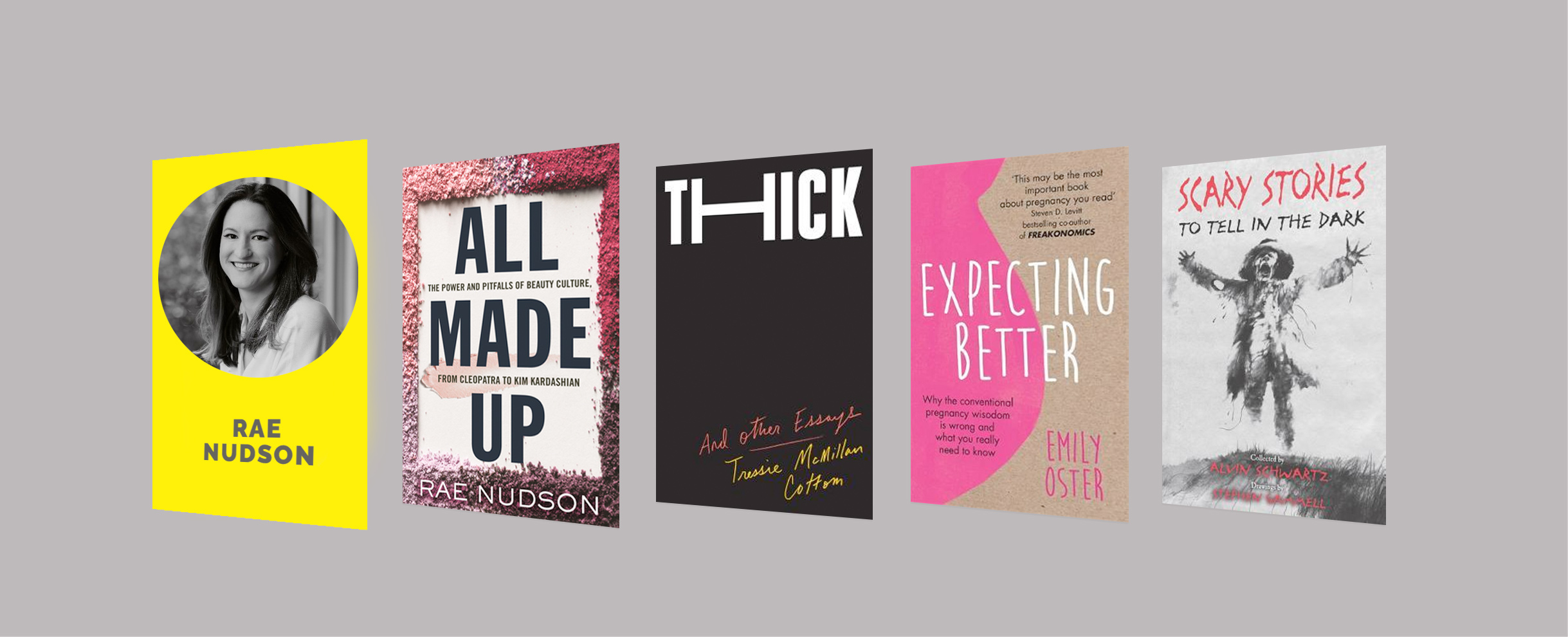Interview with Oliver Burkeman, author of Four Thousand Weeks: Embrace your limits. Change your life.
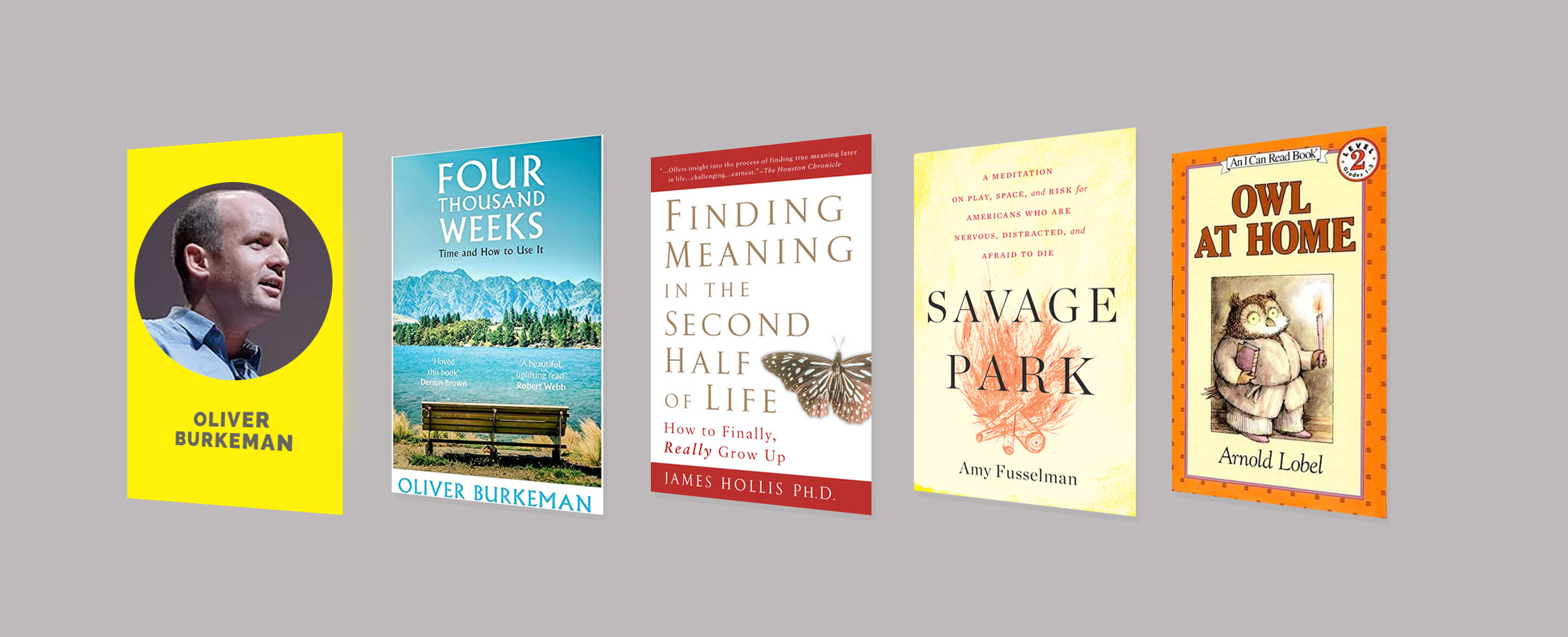
Oliver Burkeman, author of Four Thousand Weeks: Embrace your limits. Change your life. recommends a fascinating selection of books! Before jumping into the interview, please check out Oliver's book:
Review from Book Depository:
What if you stopped trying to do everything, so that you could finally get round to what counts?
We're obsessed with our lengthening to-do lists, our overfilled inboxes, the struggle against distraction, and the sense that our attention spans are shrivelling. Still, we rarely make the connection between our daily struggles with time and the ultimate time management problem: the question of how best to use our ridiculously brief time on the planet, which amounts on average to about four thousand weeks.
(All links earn commission from purchases. Prices accurate at time of writing)
Four Thousand Weeks: Embrace your limits. Change your life.
Four Thousand Weeks is an uplifting, engrossing and deeply realistic exploration of the challenge. Rejecting the futile modern obsession with 'getting everything done,' it introduces readers to tools for constructing a meaningful life by embracing rather than denying their limitations. And it shows how the unhelpful ways we've come to think about time aren't inescapable, unchanging truths, but choices we've made, as individuals and as a society. Its many revelations will transform the reader's worldview.
Drawing on the insights of both ancient and contemporary philosophers, psychologists, and spiritual teachers, Oliver Burkeman sets out to realign our relationship with time - and in doing so, to liberate us from its tyranny.
Embrace your limits. Change your life. Make your four thousand weeks count.
Buy On:
Easons €14.99
Book Depository €16.58
Waterstones £14.99
Wordery $17.40
Q. Do you have a favourite smart thinking book (and why that book)?
Finding Meaning in the Second Half of Life by James Hollis. A deep exploration of what matters from a Jungian perspective, which was the entry point for me to the rest of Hollis's extraordinary body of work, and to the Jungian approach to psychology in general.
Review From Book Depository:
What does it really mean to be a grown up in today's world? We assume that once we "get it together" with the right job, marry the right person, have children, and buy a home, all is settled and well. But adulthood presents varying levels of growth, and is rarely the respite of stability we expected. Turbulent emotional shifts can take place anywhere between the age of thirty-five and seventy when we question the choices we've made, realize our limitations, and feel stuck-- commonly known as the "midlife crisis." Jungian psycho-analyst James Hollis believes it is only in the second half of life that we can truly come to know who we are and thus create a life that has meaning.
(All links earn commission from purchases. Prices accurate at time of writing)
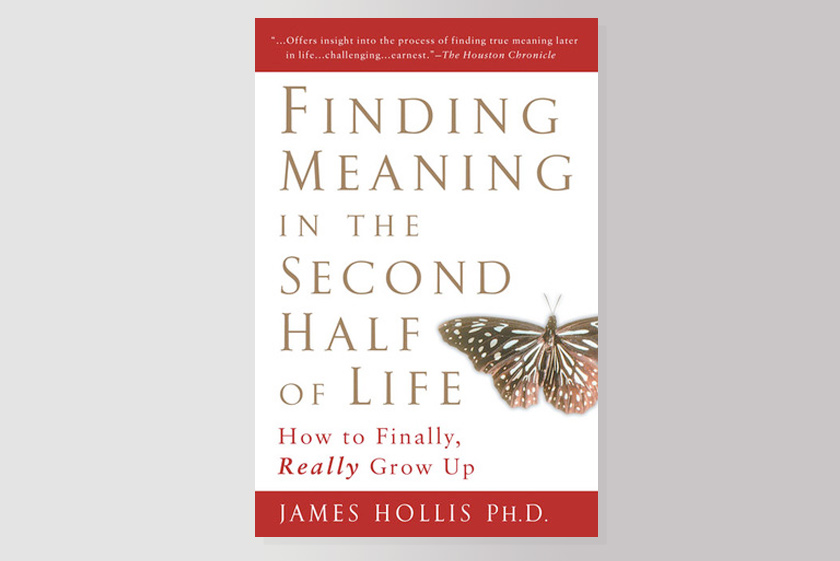
Finding Meaning in the Second Half of Life: How to Finally, Really Grow Up
In Finding Meaning in the Second Half of Life, Hollis explores the ways we can grow and evolve to fully become ourselves when the traditional roles of adulthood aren't quite working for us, revealing a new way of uncovering and embracing our authentic selves. Offering wisdom to anyone facing a career that no longer seems fulfilling, a long-term relationship that has shifted, or family transitions that raise issues of aging and mortality, Finding Meaning in the Second Half of Life provides a reassuring message and a crucial bridge across this critical passage of adult development.
Buy On:
Easons €18.19
Book Depository €12.60
Waterstones £12.99
Wordery $15.46
Q. What's the most recent smart thinking book you've read (and how would you rate it)?
Savage Park: A Meditation on Play, Space and Risk for Americans who are Nervous, Distracted and Afraid to Die. An exhilarating short book that's as good as its brilliant subtitle, and a nuanced reflection on the role of the fear of death in our lives as parents and as humans.
Review from Book Depository:
How fully can the world be explored when you are focused on trying not to die?
(All affiliate links earn commission from purchases that help fund this site. Prices accurate at time of writing)
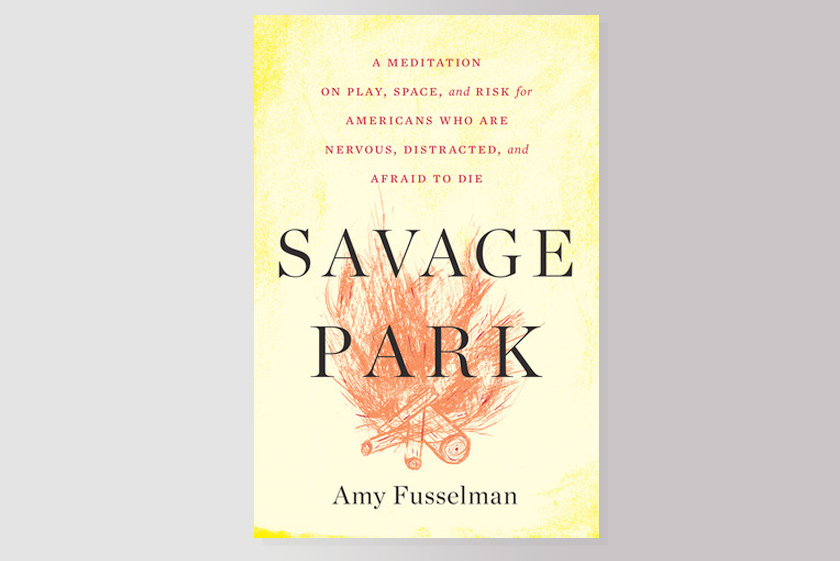
Savage Park: A Meditation on Play, Space, and Risk for Americans Who Are Nervous, Distracted, and Afraid to Die
This is the question that lies at the heart of Amy Fusselman's Savage Park. America is the land of safety, of protecting children to make sure that nothing can possibly hurt them. But while on a trip to Tokyo with her family, Fusselman stumbled upon an adventure playground called Hanegi Playpark, where children sawed wood, hammered nails, and built open fires. Her conceptions of space, risk, and play were shattered. In asking us to reexamine fundamental ideas about our approaches to space and risk and how we pass these concepts down to our children, Fusselman also asks us to look at the world in a different way. Perhaps it isn't variety, but fear that is the spice of life. This startling revelation is at the heart of Savage Park, and will make readers look at the world in a whole new way.
Buy On:
Book Depository €11.18
Q. Do you have a favourite childhood book?
I'm going to interpret "childhood book" broadly here, so that it can refer to my son's childhood, not just my own, allowing me to mention Arnold Lobel's brilliantly weird and poignant Owl at Home stories, which I never encountered growing up in the UK. (Lobel is best known for Frog and Toad, so singling out Owl at Home instead is a bit of a hipster answer, I concede.)
Review from Book Depository:
Owl lives by himself in a warm little house. But whether Owl is inviting Winter in on a snowy night or welcoming a new friend he meets while on a stroll, Owl always has room for visitors!
(All affiliate links earn commission from purchases that help fund this site. Prices accurate at time of writing)
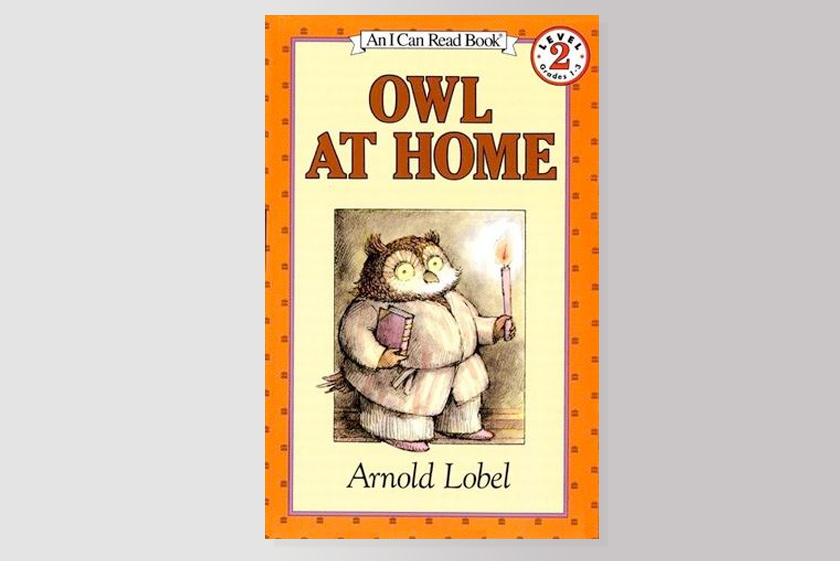
Owl at Home (I Can Read, Level 2)
Arnold Lobel's beloved Level 2 I Can Read classic was created for kids who read on their own but still need a little help. Whether shared at home or in a classroom, the engaging stories, longer sentences, and language play of Level Two books are proven to help kids take their next steps toward reading success.
Buy On:
Book Depository €5.04
Waterstones £1.50
Q. Do you prefer reading on paper, Kindle or listening to an audiobook?
On paper. This is just because it's the easiest medium when it comes to adding my own scrawled notes, really – nothing more romantic or traditionalist about it than that. I'm very close to succumbing to the purchase of a Remarkable tablet, which seems like it might combine some of the best aspects of paper and electronic reading, at least for PDFs.
Q. Do you have a favourite bookshop (and why that shop)?
I vividly remember spending a wonderful evening a few years ago browsing the vast selection of used books on psychology and psychoanalysis at Inquiring Minds in Saugerties, New York. But it's a tie with Richard Booth's Bookshop in Hay-on-Wye.
Many thanks to Oliver for recommending a fascinating selection of books! Please don't forget to check out Oliver's book Four Thousand Weeks: Embrace your limits. Change your life..
Daryl
Image Copyrights: Vintage Publishing (Four Thousand Weeks), Gotham Books (Finding Meaning in the Second Half of Life), Mariner Books (Savage Park), HarperCollins Publishers Inc (Owl at Home).
< Home

